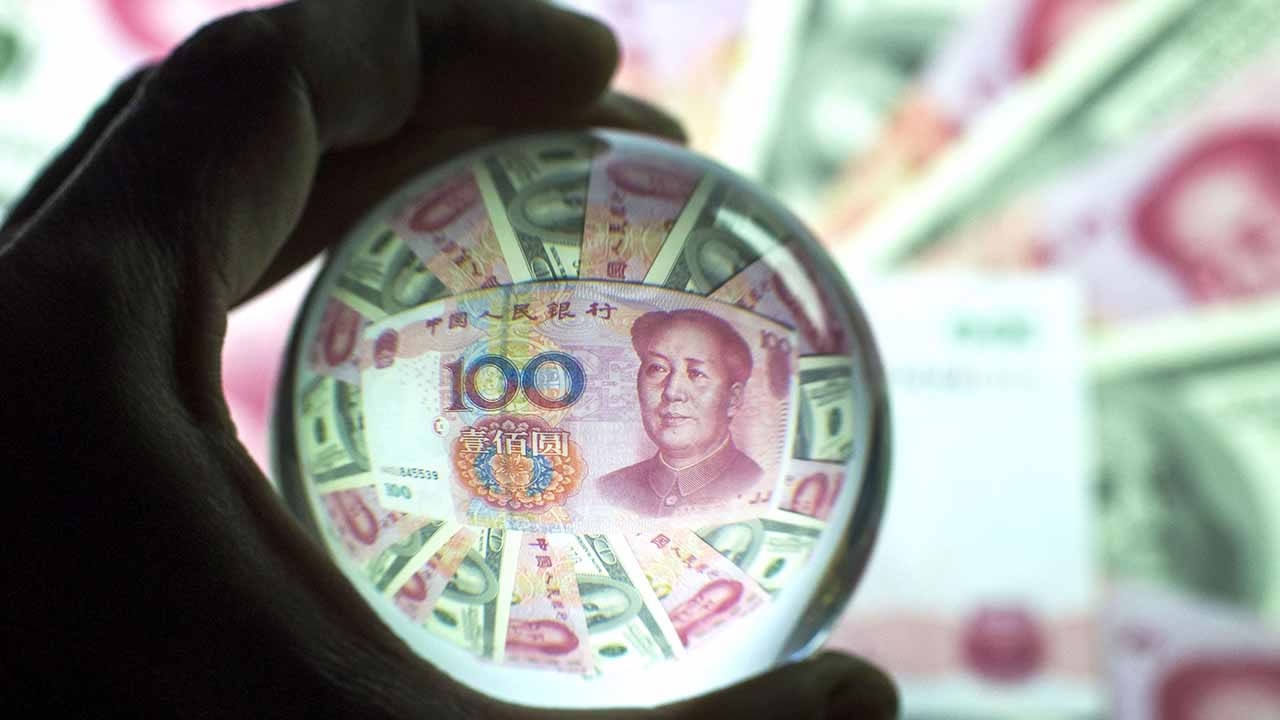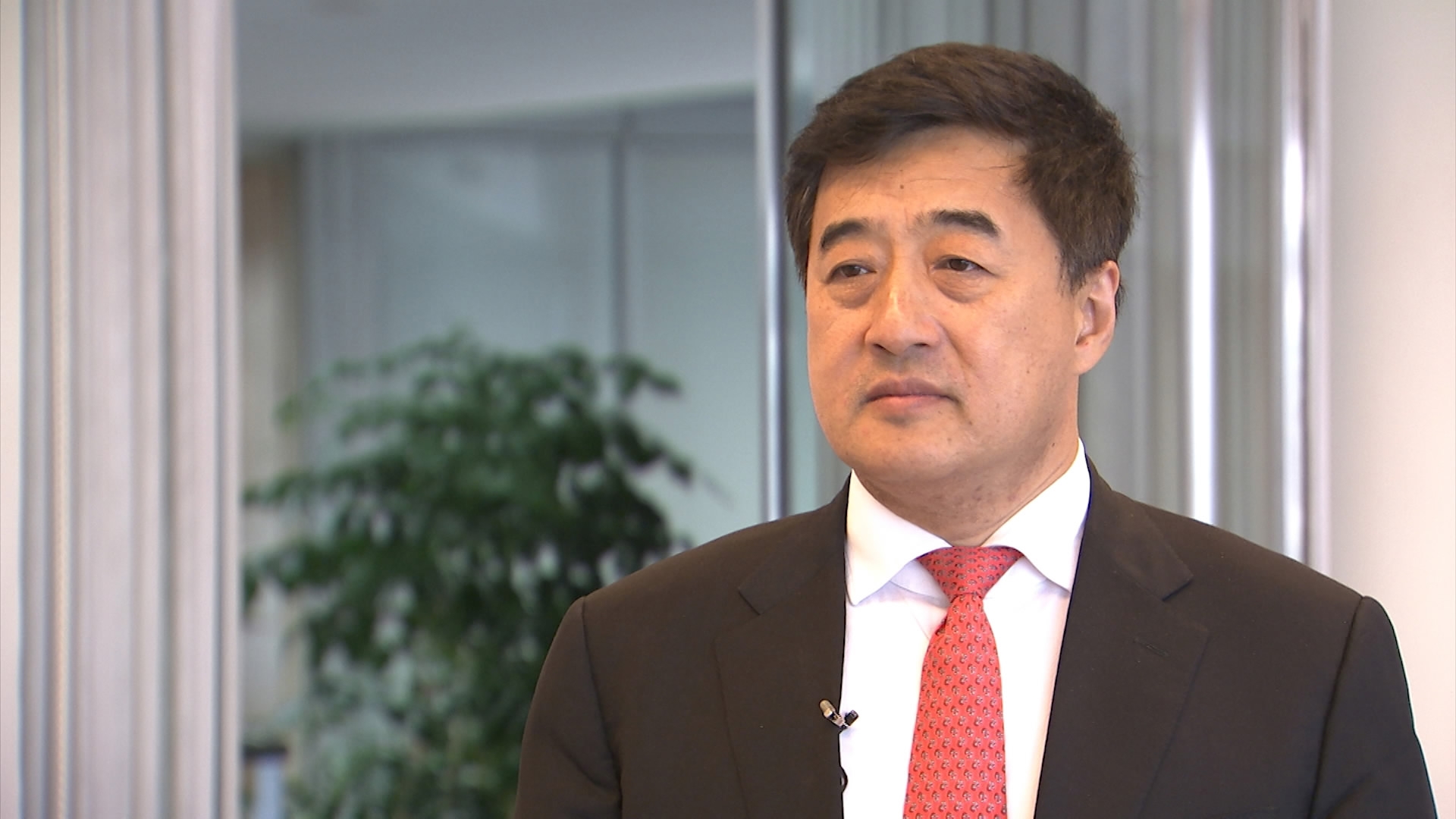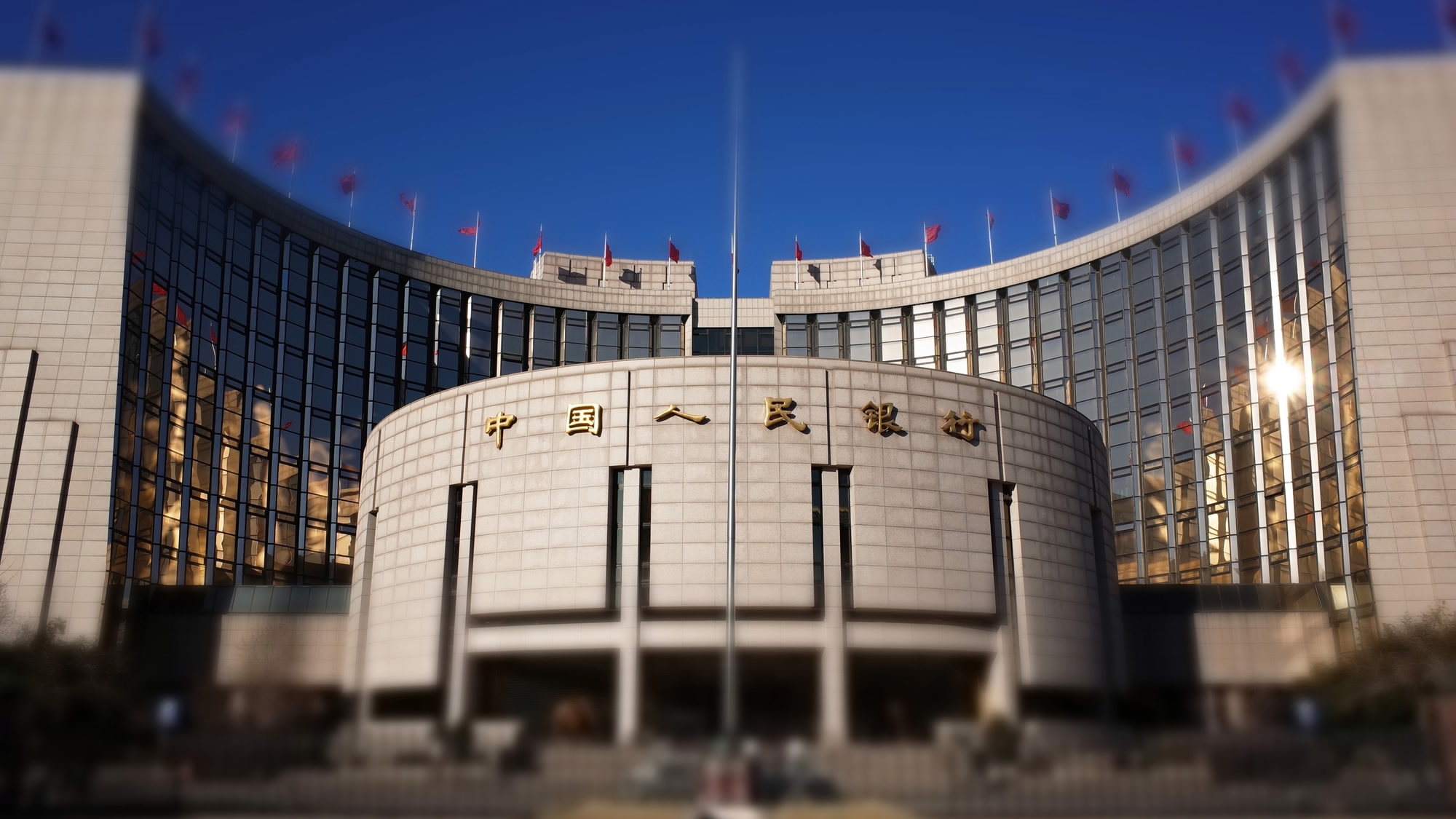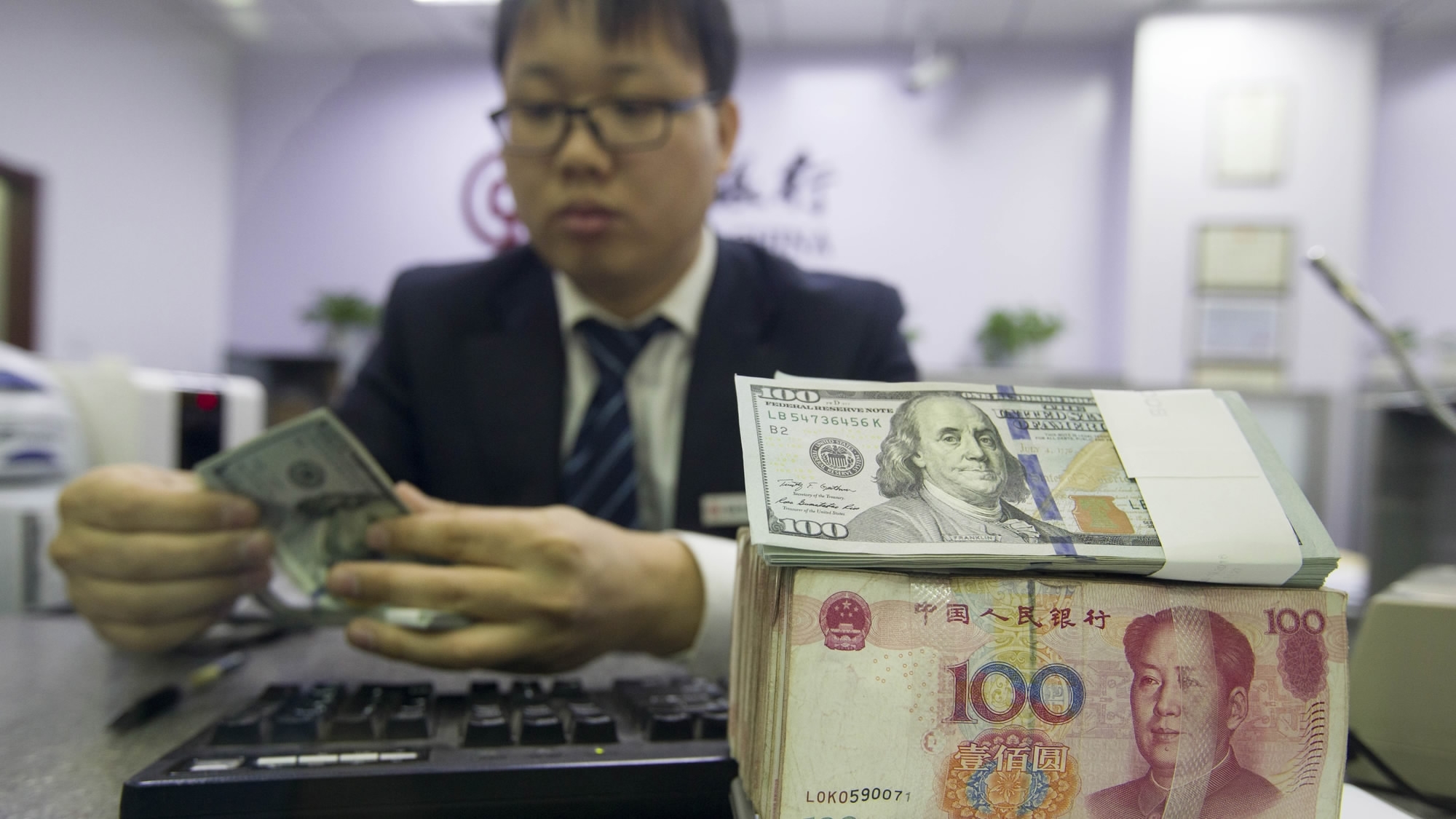
Business
21:19, 03-Mar-2017
The RMB in 2017: CPPCC member optimistic about yuan’s stability
Updated
10:57, 28-Jun-2018

By CGTN's Feng Xin
China’s currency has fallen by about 14 percent against the US dollar since August 2015. Over the past few years, the country saw a steady decline in domestic investment and greater capital outflows, as individuals and businesses became less confident in the yuan's value. CGTN sat down with Zhang Hongli, member of the Chinese People's Political Consultative Conference (CPPCC), who’s also the vice president of China's largest commercial bank ICBC, about his expectations of the yuan in 2017.
The RMB devalued by 6.7 percent against the greenback in 2016, hitting an eight-and-half-year low. Investors were buying more foreign assets to avoid domestic devaluation. The International Institute of Finance estimates that a record 725 billion US dollars flowed out of China last year.

Zhang Hongli, vice president of the Industrial and Commercial Bank of China / Feng Xin
Zhang Hongli, vice president of the Industrial and Commercial Bank of China / Feng Xin
But ICBC Vice President Zhang Hongli believes this is a natural outcome of China's overseas investment initiatives. He's optimistic the yuan will stabilize in 2017. “If we are talking about devaluation, I think the terminology I want to use is 'RMB fluctuation,” Zhang said. “I think from a pure devaluation perspective, the worst time is over. There was a strong expectation last year that the RMB will be devalued, but I think in reality the RMB actually appreciated against the US dollar so far this year,” he said.

Main building of China’s central bank / CFP Photo
Main building of China’s central bank / CFP Photo
China has taken a number of steps to slow the RMB’s fall. As the holder of the world’s biggest foreign exchange reserves, the Chinese central bank has been gradually selling its US dollars to buy more yuan. Its reserves have dropped from 3.8 trillion US dollars to just over 3 trillion dollars in the past two years.

A bank clerk counts RMB and US dollar notes on Jan. 4, 2017 in Taiyuan, Shanxi province / CFP Photo
A bank clerk counts RMB and US dollar notes on Jan. 4, 2017 in Taiyuan, Shanxi province / CFP Photo
Last November, the Chinese government began tightening its supervision of individuals' and companies’ overseas direct investments, particularly mergers and acquisitions. Authorities also required more detailed personal declarations of currency exchanges to curb possible speculation.
“I think these measures are necessary and are very timely,” Zhang said. “And I think they could change. The key is not to read too much into it, or over read it. Of course, you cannot ignore it. But I think the key is to have the confidence in the Chinese economy and that we are going to have very, very stable exchange rate, the CPPCC member said.
Still, Zhang cautions that geopolitical uncertainties, as well as US Federal Reserve and trade policies, might still pose challenges to the yuan’s stability this year.

SITEMAP
Copyright © 2018 CGTN. Beijing ICP prepared NO.16065310-3
Copyright © 2018 CGTN. Beijing ICP prepared NO.16065310-3